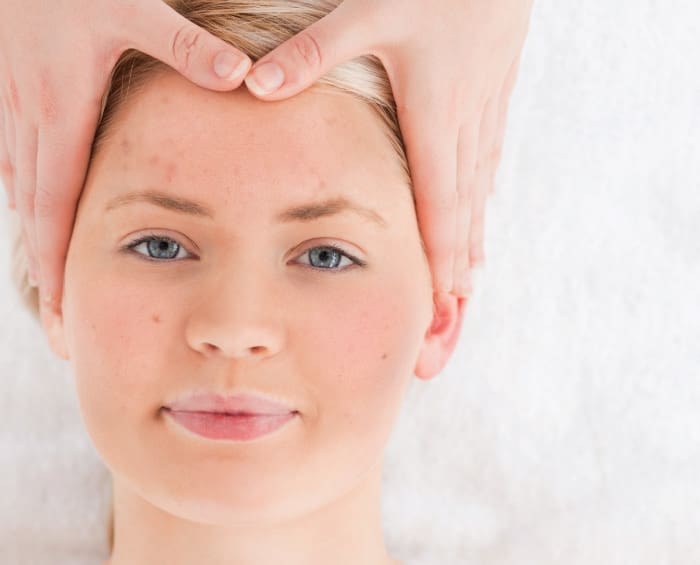
During skin consultations, skin care professionals often have clients mention that they have sensitive skin. Educated professionals frequently encounter resistance from clients when trying to break down their skin care-fearing wall and figure out if they truly are sensitive or if something else is the cause of their skin woes. More often than not, after further investigation and probing, professionals come to find that the client was wrong in stating such claims and that their sensitive skin is not actually sensitive at all.
There are many reasons as to why someone would think that they might have sensitive skin; one of those reasons stems from fear of the unknown. It is also very likely that it is a way for clients to tell their skin care professional what they want done with their skin rather than the other way around. It is often used as a defense mechanism so that the professional is limited to the types of treatment options that can be administered; it is a way for the client to feel that they have some control and protection over their skin and its needs. It is easy to understand why someone would feel nervous and fearful as entering the realm of skin care is both exciting and overwhelming.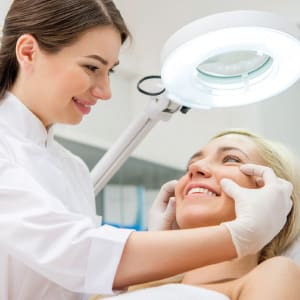
Most people, however, self-diagnose their skin as sensitive because it has become sensitized over time. Sensitive skin and sensitized skin have very similar symptoms, so it is commonplace for the general population to not know the difference. Yet, the truth is that sensitized and sensitive skin are completely different entities and, while they behave very similarly, it is important that skin care professionals note the difference and treat the skin accordingly. It is the professional’s job to identify this apprehension and uncover the true skin type and conditions of each of their clients in order to properly execute a treatment plan that works for both the client and the professional.
Sensitive Versus Sensitized
Sensitized skin is the wolf in sheep’s clothing in the skin care world; it pretends to be something it is not. The hard part of distinguishing between the sensitive and sensitized skin is that they have similar symptoms and appearances. Both conditions can cause the client to experience dehydration, burning, itching, swelling, uneven texture, facial redness, rashes, breakouts, and discomfort. The problem with assuming that the client is sensitive without further sleuthing is that the professional will consistently treat the client’s skin improperly; improper treatments amount to unsuccessful skin health and unhappy clients. Knowing that a client is merely temporarily sensitized allows the professional to stop, slow down, and repair the broken-down barrier in order to return the client’s skin to its normal, functioning state. Once this reversal occurs and this condition resolves, the professional can determine their client’s true skin type and create a customized treatment plan.

Sensitive skin is not something that can ever truly be fixed as it is genetic. Fortunately, it can be helped. Sensitized skin, on the other hand, has a weakened barrier because of internal and external factors from one’s immediate environment and habits that have caused the barrier to become temporarily impaired over time. It is important to note, however, that most people have been chronically sensitized for months, if not years.
Sensitized skin tends to look lusterless, blotchy, dry, and visibly irritated. It also typically suffers from either an overproduction of oil or a lack of oil. This skin also develops an assortment of dermatitis reactions that can be managed once the trigger(s) are determined. Typically, sensitized skin can be contributed to one or more of the following internal and external factors: internal and external pro-inflammatory aggressors, overuse of chemical and manual exfoliants, changes in medication use, poor diet, poor elimination, inadequate water intake, overexposure to the sun and extreme weather conditions, and use of the improper topical products for the skin. It is the professional’s job to ask both lifestyle- and beauty-related questions to determine what might be causing changes in the client’s skin that is leading to sensitization.
Fifty percent of the population believes they have sensitive skin, yet, the majority of them are really experiencing sensitized skin due the increase of atmospheric pollution, lifestyle, diet, medications, over-exfoliation, incorrect product use, and excess sun exposure.
The easiest way to conclude whether a client has sensitized or sensitive skin is to ask numerous questions during the consultation. Skin care professionals should also explain the difference between the two and mention that most people do not truly have sensitive skin.
TREATMENT OPTIONS
Sensitized Skin
Naomi Fenlin, owner and medical aesthetician at About Face SkinCare in Philadelphia, Pennsylvania says, “Every patient, every single one, tells me that they are sensitive, but the reality is that they are not.” Fenlin knows that it is important to properly evaluate, consult, and educate her clients so that they know the difference and so that she can heal and treat their skin. When Fenlin is treating sensitized skin, she reverts to what is fundamental: “With sensitive skin, you need to take the patient back to basics. Keep it easy. Keep it simple.” She eliminates all acids, scrubs, and aggressive treatment options in order to give the skin a break and allow it to heal.
Cool and hydrating products with no actives or an overabundance of ingredients are key to helping the barrier function restore and repair itself. Fenlin recommends green tea for its calming and anti-inflammatory benefits. Having the client cease the use of their manual and chemical exfoliants is also a must in order to allow the skin to have a break. More often than not, the reason for the sensitivity is clients overusing or misusing these popular homecare products. They are at the point to where they have stripped their skin, consistently taking away from it, but never giving anything back. Furthermore, sensitized clients are always dehydrated: “Sensitized skin is incredibly dehydrated,” says Fenlin. “I advise them to also increase their water intake in order to support cell health from within. I also tell them not to use hot water while washing their face and body and to invest in a good moisturizer. A good moisturizer does no harm and helps to strengthen epidermal health.”
When choosing a moisturizer, Fenlin tells both her sensitized and sensitive clients that the fewer the ingredients, the less chance there is of it causing an issue on their impaired skin function. She also advises against the use of oils as they are often too occlusive and will not allow the skin to heal properly. The hard part for a skin care professional is finding a treatment plan for the sensitized client because options are usually limited. Sensitized clients need time to heal and get back to their normal skin function, so lasers and peels are not ideal. It is important to take a step back, get them on a proper homecare regimen, and fix some of their lifestyle and skin habits. Once their skin returns to its normal state, the professional can start a treatment plan for them. Fenlin states, “A calming, cooling, hydrating facial treatment is the best option while they are in your chair. Let the skin rest, do not manipulate it, and let them be for now.”
Sensitive Skin
Sensitive skin should also follow a lot of the same guidelines as sensitized skin in regard to homecare and lifestyle habits. Sticking to gentle, hydrating products and sun protectants are important for both parties, but, when it comes to treatment options, there is more flexibility with the sensitive skin client. A safe and nice option for a client with sensitive skin is a cooling and hydrating facial, but do not be afraid to also treat them on a deeper level. This skin type does not favor heat, so steaming and too much manipulation is never suggested, but they can be great candidates for various peels and laser treatments.

Mandelic acid comes from bitter almonds and is suitable for all skin types, particularly for acneic, rosacea-prone, and sensitive skins. This acid has also been found to be the most gentle of the alpha hydroxy acids. Mandelic acid is great for the treatment of acne, which sensitive skins can also experience, because it is oil soluble; it exfoliates at the surface of the skin, but also works deep in the pores. Much like lactic acid and all other peeling agents, mandelic acid will work to increase cell turnover and also lighten and brighten the complexion of the skin, which is why it is such a favored anti-aging tool for those with sensitive skin.
Treatment for both skin types in the spa is equally as important as getting clients on the proper homecare regimen. A daily antioxidant and SPF are crucial for any and all skin types and conditions, with no exception to sensitive and sensitized skin. It is even more important if they are going to be under the treatment of peels and lasers in the spa. If at any time the sensitive or sensitized client’s condition is not getting better or is getting worse, they should be advised to seek out the advice and treatment of a dermatologist.


care industry.



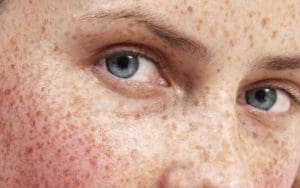












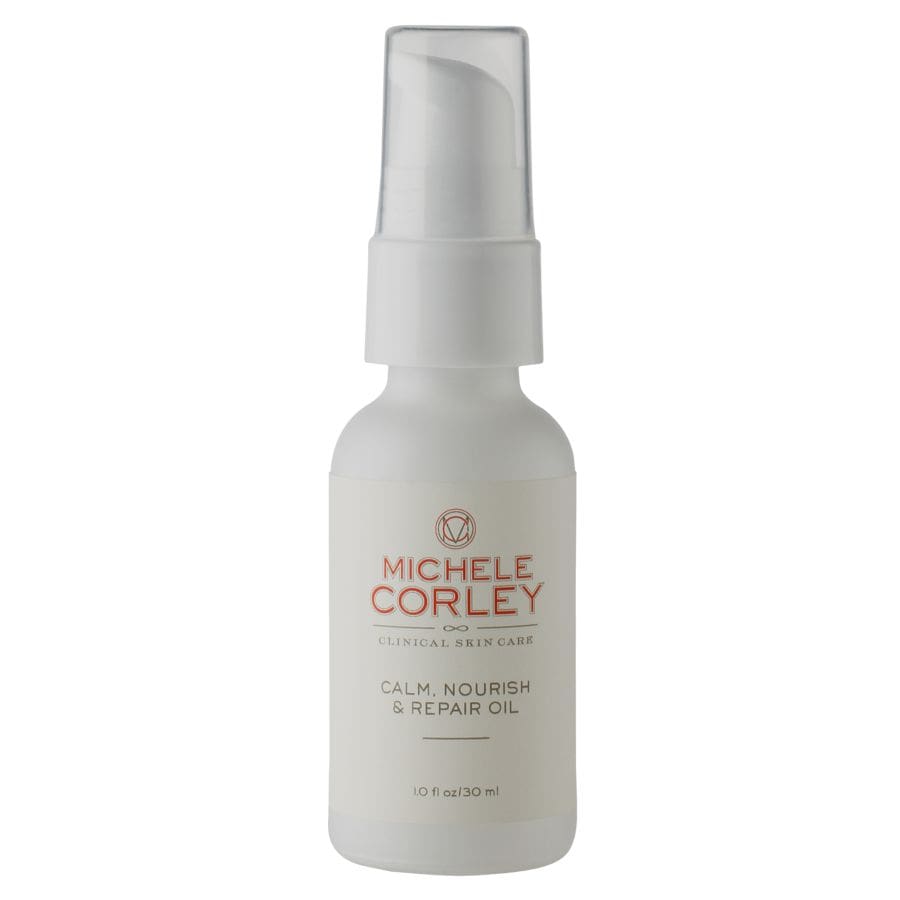
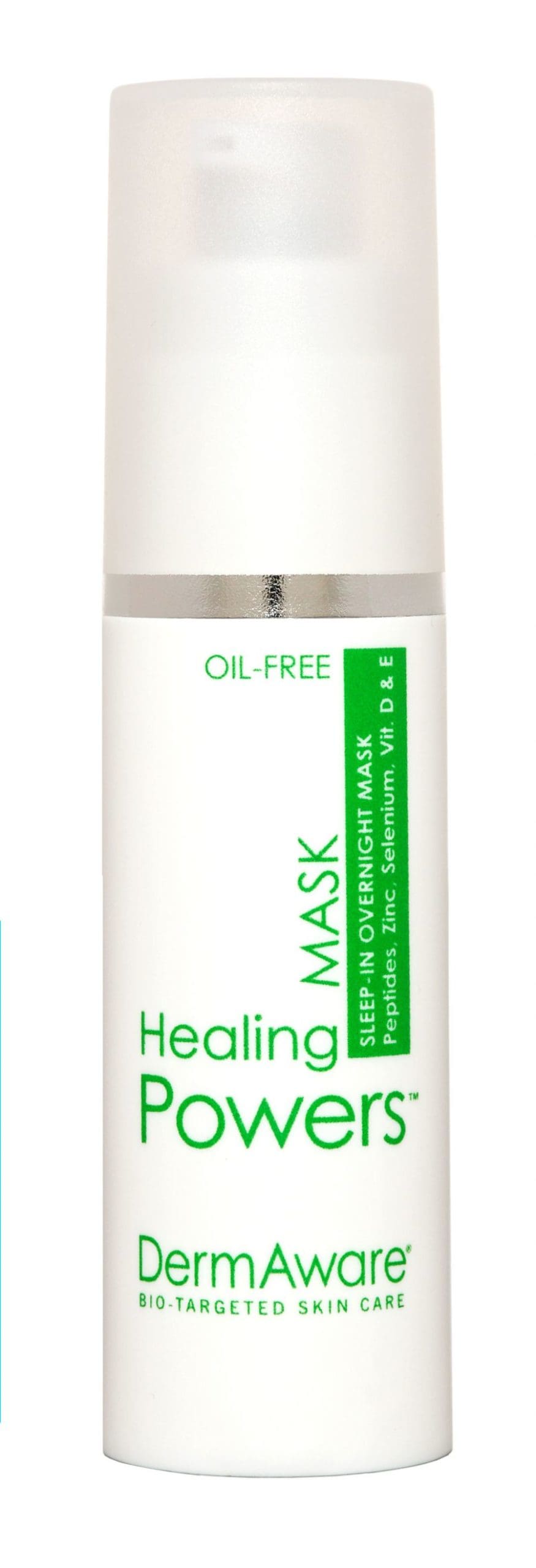










0 Comments